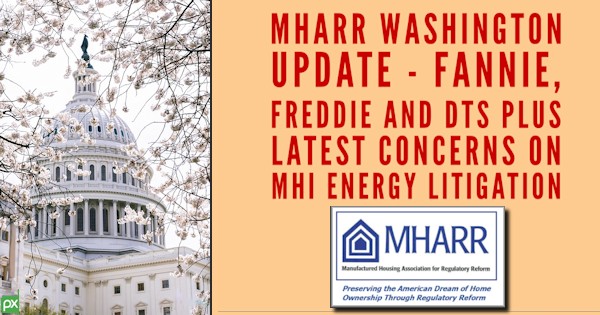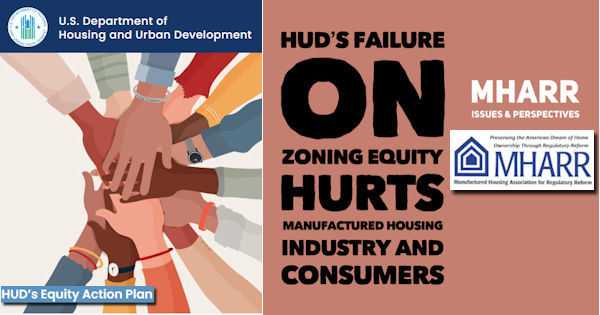Bachus And Neugebauer Urge Geithner To Implement GAO Recommendations
WASHINGTON – Two powerful regulatory entities created by the Dodd-Frank Act lack effective levels of accountability and transparency, according to a report released Thursday by the Government Accountability Office (GAO). The GAO report was requested by Financial Services Committee Chairman Spencer Bachus and Oversight and Investigations Subcommittee Chairman Randy Neugebauer.
The report is the result of an extensive, nine-month audit by the GAO of the Financial Stability Oversight Council (FSOC) and the Office of Financial Research (OFR). Its report, “New Council and Research Office Should Strengthen the Accountability and Transparency of Their Decisions,” can be viewed here.
“Public information on FSOC’s and OFR’s decision making and activities is limited, which makes assessing their progress in carrying out their missions difficult,” the GAO report states.
The GAO findings are especially disturbing, Bachus and Neugebauer say, because they directly contradict repeated Administration assurances that FSOC and OFR will conduct business in an open and transparent manner.
“We are concerned that these continued verbal and written commitments from FSOC and OFR are in direct conflict with the findings of the GAO report,” Bachus and Neugebauer write in a letter today to Treasury Secretary Tim Geithner, who serves as chairman of FSOC. “The actions that FSOC and OFR have taken, and will take in the future, have the potential to directly and significantly affect the financial stability of the United States. It is therefore critically important that FSOC and OFR operate in a manner that promotes greater congressional and public understanding of their actions.”
Among the GAO’s other findings are:
- FSOC “could do more to promote collaboration” among its member agencies. For example, both FSOC and OFR have a responsibility to monitor risk but “have not yet clarified agency responsibilities for implementation—creating the potential for regulatory gaps or duplication of effort;”
- FSOC “has not developed a systematic forward-looking process for identifying potential emerging threats;”
- FSOC does not identify which agency or agencies are responsible for implementing its recommendations nor a timeframe for implementing the recommendations. “Enhancing FSOC’s accountability could lead to more effective oversight and public confidence in financial institutions and markets,” the GAO states.
As part of the Bachus-Neugebauer letter, Secretary Geithner is asked to provide the following information by September 26:
- the steps OFR is undertaking to fill its leadership positions;
- whether the FSOC will commit to making more detailed recommendations in its annual report;
- whether the FSOC intends to keep detailed records of its meetings and release detailed meeting minutes to the public; and
- how the FSOC intends to promote coordination among its member agencies.
The letter can be viewed here.














